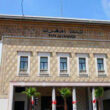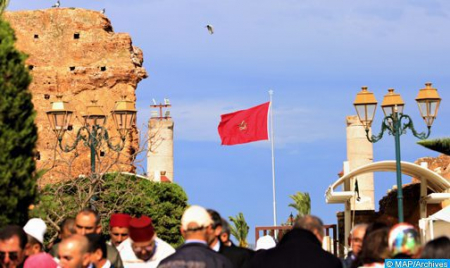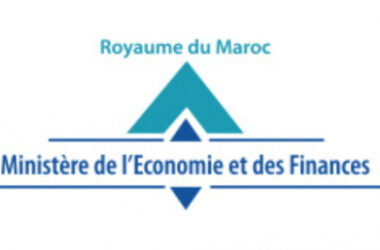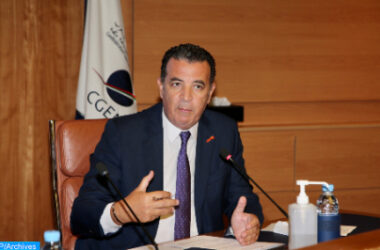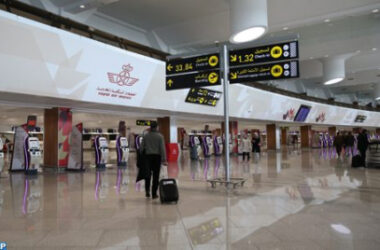The removal of Morocco from the gray list will “strengthen the confidence of foreign investors in the Moroccan financial system, demonstrating the country’s commitment to fight against money laundering and terrorist financing (AML/CFT),” Arji told MAP, highlighting the growing number of foreign investors seeking access to African markets.
Arji, who is also an auditor, also recalled that Morocco already has a favorable business environment and a diversified economy, with key sectors such as agriculture, industry, tourism and financial services, stressing that the removal of Morocco from this list is a step in the right direction to strengthen the attractiveness of foreign investment.
However, he argued, this decision alone does not guarantee a significant increase in investment flows, noting the need to highlight other factors, such as political stability, quality of labor, infrastructure, integration of informal and regulation that remain “key considerations for investors.
Arji has also highlighted the many reforms undertaken by Morocco to modernize the legal and regulatory framework relating to AML/CFT, including the enactment of Law 43.05, setting out the measures to be observed by the persons subject to AML/CFT, including the identification of customers, the obligations of vigilance and internal monitoring according to a risk-based approach, the measures of enhanced vigilance, the reporting to the National Authority for Financial Intelligence (ANRF) of suspicious transactions, the execution of opposition decisions of the ANRF, the freezing of assets as well as the communication of relevant information requested by the competent authorities within the required time.
He also noted that there are several steps Morocco can take to consolidate the gains made in improving the resilience of the financial system against crime, including strengthening laws and regulations, improving coordination among regulators, increasing penalties for AML/CFT offenses, and increasing collaboration with international bodies.


